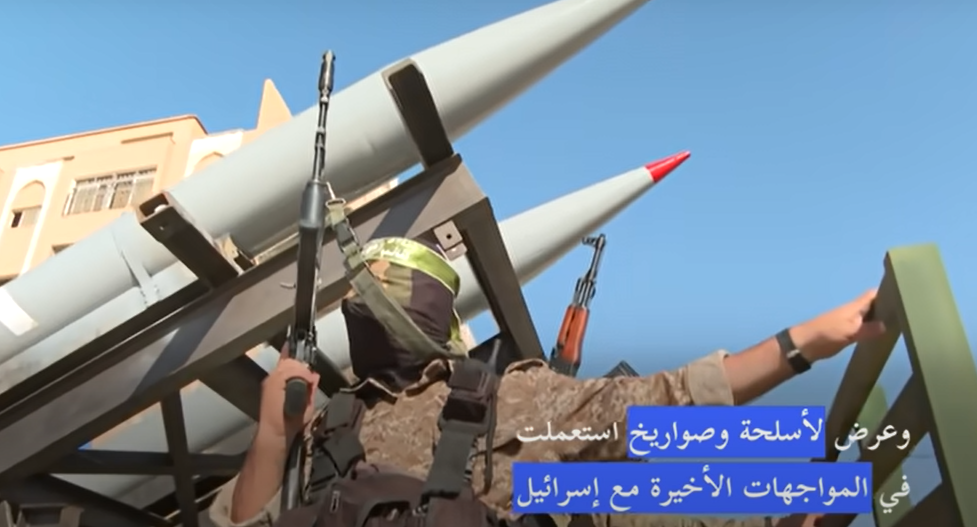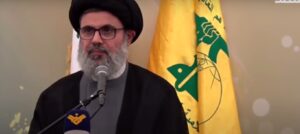Reports from Palestinian sources in the Gaza Strip indicate that Hamas is using the cease-fire to regroup and prepare for a renewed conflict with the IDF.
They have consolidated forces, stockpiled resources, and are positioning for a counterattack as soon as the cease-fire concludes.
Given this intelligence, it is crucial for the IDF to seize the initiative.
A well-timed and unexpected strike at key locations, identified through accurate intelligence gathered during the cease-fire, is imperative.
The IDF’s defense lines in the Gaza Strip have held steadfast, providing the political leadership with the opportunity to negotiate the release of abductees from Hamas captivity.
Despite the pause in military momentum due to delaying tactics by Hamas leader Yahya Sinwar, there is a strong motivation among IDF soldiers to eliminate Hamas’s military infrastructure.
Defense Minister Yoav Galant has assured soldiers in the Gaza Strip that the fighting will resume, with future negotiations occurring under fire.
It is imperative for the war cabinet to endorse this strategy promptly.
While progress has been made in achieving the goal of abductee release, Israel should concurrently advance its objective of occupying additional parts of the Gaza Strip to weaken the Hamas regime.
The decision to pause fighting for abductee release is contingent on the IDF’s commitment to resume operations.
To counter Yahya Sinwar’s confidence and prevent further delays, swift action is necessary.
Recent statements by President Biden, advocating the removal of Hamas’s rule in Gaza, provide a positive signal for Israel.
The U.S. administration recognizes the threat posed by Hamas and the need for a change in leadership.
Despite differences between the Israeli government and President Biden regarding post-Hamas governance, a political compromise seems plausible.
Disengaging from Qatar, a known supporter of Hamas, is pivotal. When the conflict resumes, Egypt should assume the role of the main mediator, superseding Qatar’s influence.
Qatar’s claim of supporting the Palestinian population, not political parties, is contradicted by its historical ties to Hamas. Israel’s reliance on Egypt as a mediator is more aligned with the region’s interests.
In conclusion, a strategic and timely resumption of military action, coupled with diplomatic shifts, can ensure the security of Israel and its goals in the Gaza Strip.



